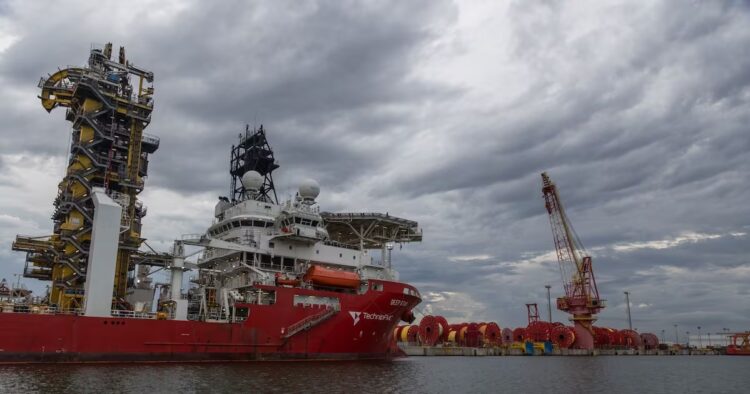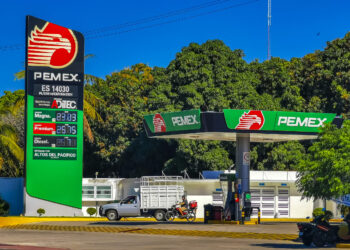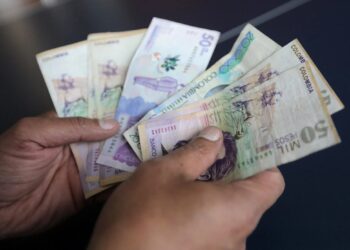Repsol SA, one of Spain’s leading oil companies, has signed a new partnership to facilitate its crude oil shipments through Brazil’s growing energy infrastructure. The agreement allows Repsol to carry out oil transshipment operations at the Porto do Acu terminal, managed by Vast Infraestrutura, a subsidiary of EIG Global Energy Partners, in southeastern Brazil.
The port, located in the state of Rio de Janeiro, is strategically positioned near Brazil’s main offshore oil basins. It currently handles a significant portion of the country’s crude oil exports, making it an essential hub for oil shipments from Latin America’s largest oil producer. With oil production increasing in Brazil, Vast Infraestrutura is well placed to accommodate growing export activity.
Brazil is on track to significantly increase its oil exports, with projections indicating that daily exports will increase from the current 1.8 million barrels to almost 3 million barrels by 2030. This increase is due to the expansion of oil capacity. production, but Brazil’s limited domestic refining infrastructure forces much of the surplus crude to be sent abroad. Other terminals in the region are already operating at full capacity, positioning Porto do Acu as a key player to meet future demand for export operations.
Victor Bomfim, director of Vast Infraestrutura, highlighted the port’s unique position, stating: “We are currently the only terminal with the capacity to expand operations in response to increased oil production.” This growth further underscores Brazil’s emerging role in the global oil market, especially as its increased production challenges OPEC+’s efforts to regulate supply.
Repsol’s deal marks its entry as Vast’s 11th customer, joining big players such as Petroleo Brasileiro SA (Petrobras), Shell Plc, TotalEnergies SE and Equinor ASA, all of which are actively involved in transshipment at the port.
This partnership highlights Brazil’s growing prominence as a global energy supplier and the vital role of its infrastructure in facilitating international oil trade.
















